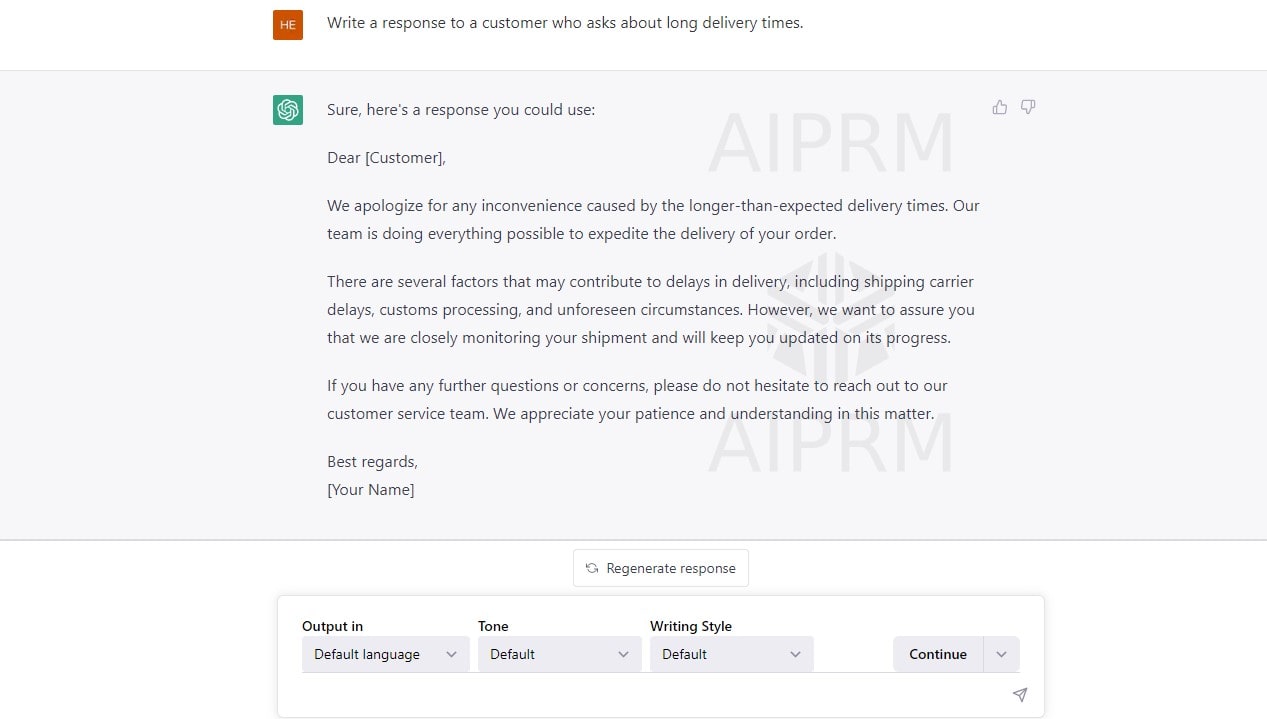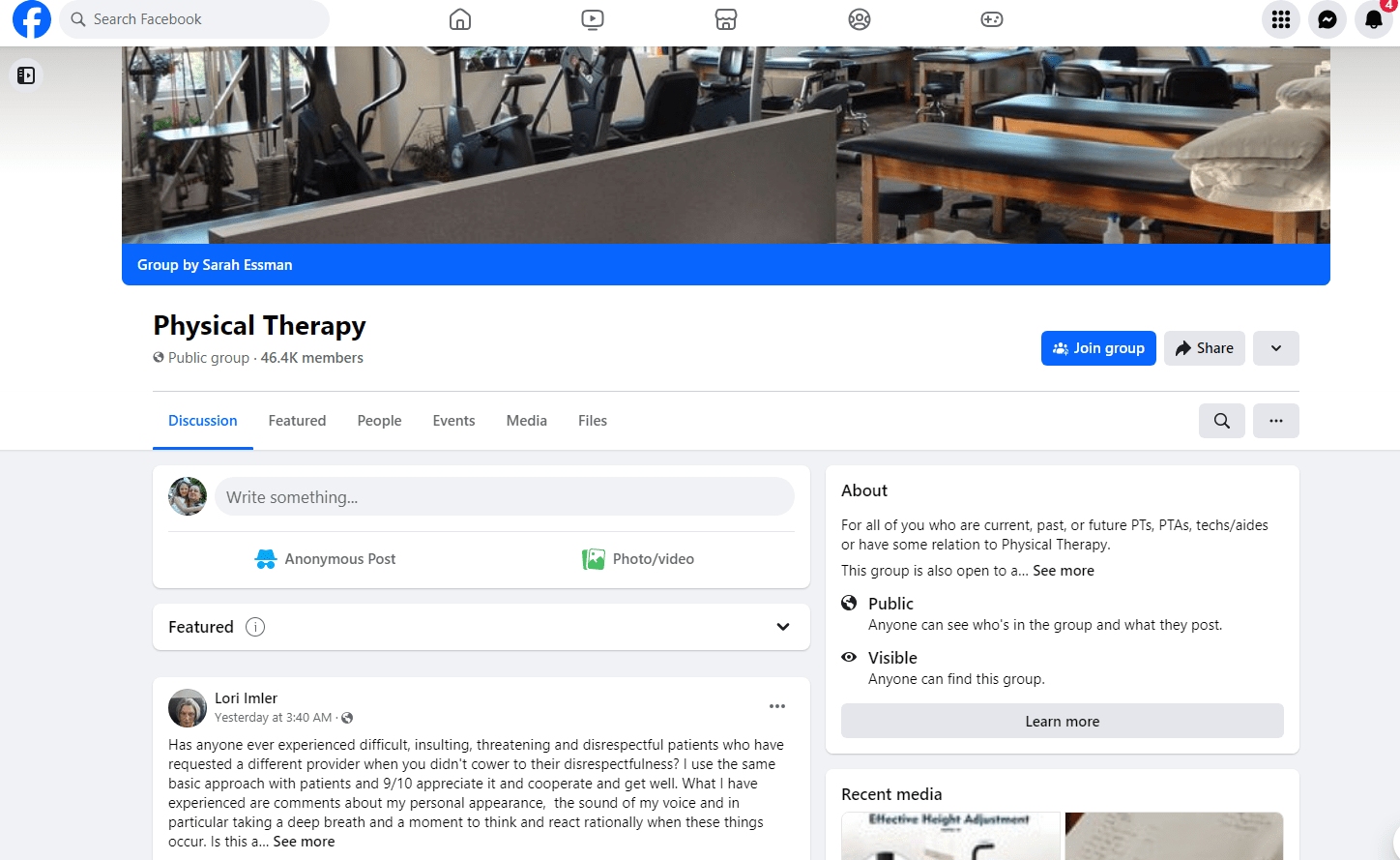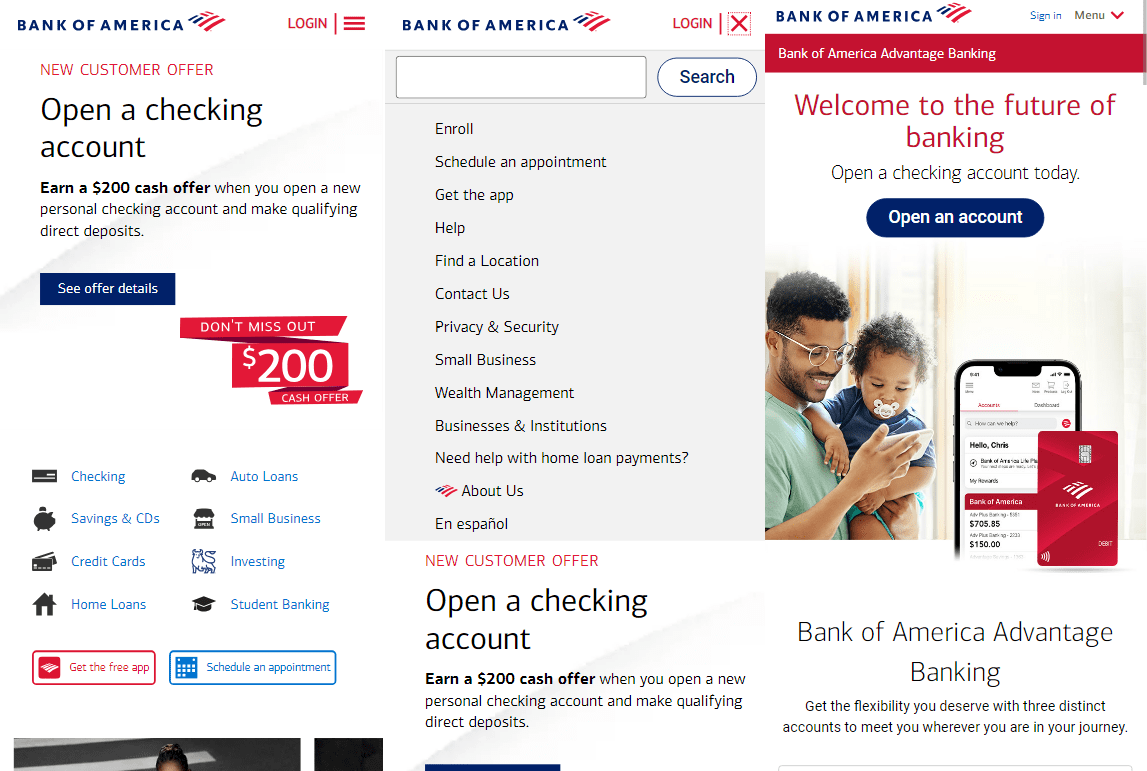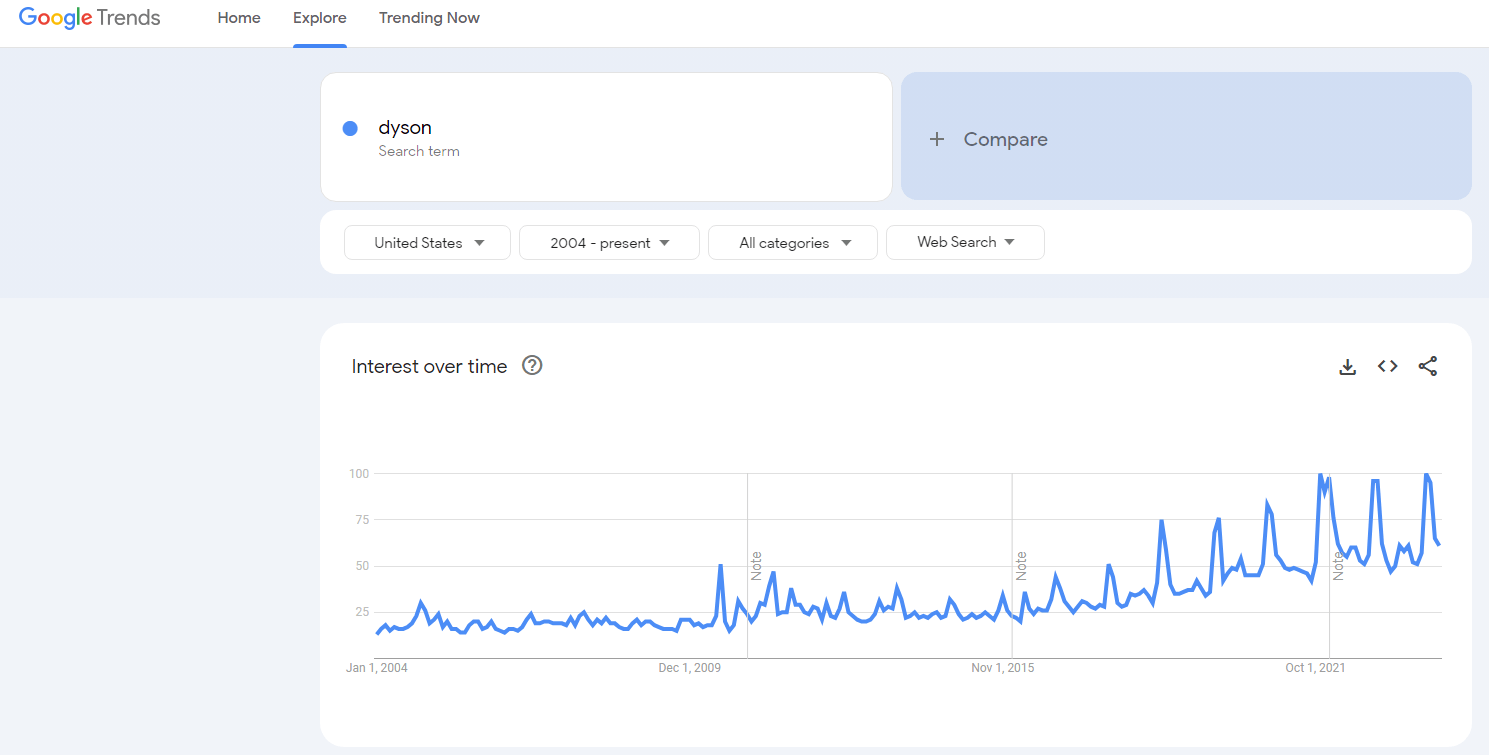If digital marketers could forecast trends in 2025 with the precision of a crystal ball used by fortune tellers, that would be amazing. The evolution of digital marketing is just as exciting even if we lack magical abilities. Keeping ahead in digital marketing has never been more important as we negotiate a world molded by cutting-edge technology and changing consumer behaviours. Plerdy is one of the solutions that helps marketers use data-driven insights in this changing time. Set to appear on the perceptive Plerdy blog, this piece explores the trends influencing digital marketing in 2024 and gives you the information you need to keep ahead of the curve.
Google Chrome Phasing Out Third-Party Cookies
Phase-out of third-party cookies by Google Chrome is like hitting gold in a world where privacy is the new gold. This seismic change represents a turning point in digital marketing that will change the way that marketers target, monitor, and comprehend their audiences. Now is the moment to explore the implications for the field of digital marketing.
The implications for marketers
It’s revolutionary that Chrome, the browser used by more than 65% of internet users, has removed third-party cookies. Advertisers that use these cookies for audience targeting and ad customisation need to reconsider their tactics. This is a total makeover of the strategy towards more privacy-focused marketing techniques, not just adjusting to a new toolkit. As a Forbes source notes, this change highlights the need of openness and fostering trust in digital advertising.
Other Data Approaches
First-party data collecting is one of the alternative tactics that becomes critical in the post-cookie environment. Now days, websites have to depend on their data-gathering techniques, such user registrations and interactions. This change promotes a closer, more personal connection between companies and customers, therefore promoting loyalty and customized experiences. Further opportunities for interaction are presented by zero-party data, in which customers voluntarily provide information. As noted in reports from reliable sources like the Search Engine Journal, interactive material, quizzes, and surveys can enhance the data pool.
As the world of digital marketing adjusts to one without cookies, creativity and flexibility are essential. It is imperative and a chance to develop deeper, more trusting relationships with customers to embrace new data tactics. Transparency and value will rule the future, and marketers are prepared to take on that task.
Rise of Voice and Visual Search

Greetings from the age when the digital adventure is led by your voice and vision. Not just future ideas, voice and visual searches are here and changing the way people engage with the digital world. Let us explore how these technologies are starting to become essential to digital marketing plans.
Customizing SEO Approaches
As voice search becomes more popular thanks to AI assistants like Alexa and Siri, SEO tactics must change. These days, keywords are conversational phrases utilized in daily speech rather than only text. This evolution is adding, as Search Engine Land advises, natural, long-tail keywords to content. Comparably, users of visual search tools like Google Lens may search using photos, which makes SEO optimization for visual information necessary. This makes sure photos are as searchable as text and includes sitemaps and comprehensive image alt-text.
Utilising AI to Improve Search
Search technology that use AI improve user experience and provide advertisers new opportunities. As TechCrunch notes, AI can evaluate voice tone, inflections, and visual settings to produce more precise search results. This means for marketers that they have to be aware of and in line with the subtleties of how possible clients express or picture their questions. The idea is to provide material that is heard, seen, and recognized, so enhancing brand presence on different search engines.
The emergence of voice and visual search signals a sea change in digital marketing. Marketers who embrace these technologies can interact with their consumers more organically and intuitively. It’s a first step toward a more responsive and interactive digital environment in which search blends into the everyday activities of the user.
AI’s Role in Shaping Digital Marketing

In an ideal world, marketing tactics would be as precise as a Swiss watch. This is the world of artificial intelligence in digital marketing, a dynamic field where AI is a game-changer as much as an assistant.
AI in Video Production
Artificial intelligence is changing the way that content is created by introducing efficiency and a hint of previously unachievable customisation. AI technologies are today skilled at studying consumer behavior and producing material that appeals to particular audiences, as the Content Marketing Institute notes. This change enables marketers to create more focused, pertinent content at a rate that keeps up with the always evolving digital scene, not to replace human creativity.
Improving Client Service with AI
AI-driven personalization that tailors purchases and chatbots that offer quick service improve customer interaction. Conversion rates may rise if AI uses customer data to suggest products. This degree of customisation was once a dream, but as Forbes points out, it is now a real advantage in the toolset of the marketer.
Marketing AI Prospects in the Future
AI has an endless potential in digital marketing. Because AI can handle and evaluate enormous amounts of data, predictive marketing—which forecasts consumer behavior—will be made possible. By having this insight, marketers will be able to create campaigns that will suit the demands and preferences of future customers rather than reacting.
Artificial intelligence (AI) in digital marketing is a current reality and a foundation for next tactics, not a futuristic idea. Its revolutionary potential is demonstrated by its contribution to improving customer experience, predictive analytics, and content production. Accepting AI is both a choice and a need to remain competitive in the digital era.
The Sustained Power of Influencer Marketing

Within the field of digital marketing, influencer marketing is more than simply a fad. Being able to link businesses with consumers through reliable voices makes it a vital weapon in a marketer’s toolbox.
Moving to Micro-Influencers
Influencer marketing as it exists now is being transformed by micro-influencers. They provide genuineness and greater rates of interaction with smaller, more involved audiences. Better conversion rates are frequently the result of micro-influencers creating a sense of community and trust than their superstar counterparts. As HubSpot notes, working with these influencers may provide more relevant, focused material that appeals to specialized audiences.
Cost of Influencer Marketing Measuring ROI
Success with influencer marketing is mostly dependent on accurate ROI calculation. Monitoring things like audience growth, conversion, and engagement is essential. Platforms and tools for in-depth analytics facilitate understanding of influencer collaboration. Forbes says marketers may measure the impact on sales and brand recognition to improve their tactics for even more success.
Online Events and Digital Engagement

A new age of involvement has been brought about by the digital world, which has moved events from actual locations to screens. Nowadays, digital interaction and marketing success are mostly dependent on online events.
Making the Most of Online Events for Interaction
In the world of digital marketing, online events—such as webinars and virtual conferences—have grown to be essential instruments for participation. They present special chances for interacting in real time, establishing brand authority, and producing leads. These gatherings, claim Forbes, offer a forum for networking, knowledge exchange, and community building—all of which are essential for enduring brand devotion. The secret is to design engaging, interactive experiences that enthrall the online audience such that each online event benefits the company and its participants in real ways.
Compiling Data via Online Events
Online events are data gold mines providing insights into the tastes and actions of consumers. Registration information to engagement metrics—every facet of an attendee’s contact can be monitored and examined. This information is priceless for customizing next marketing plans and improving clientele. As Eventbrite advises, knowing participant comments, attendance trends, and engagement levels allows marketers to improve their strategies and make next events and campaigns more successful and in line with the interests of their target audience.
Expanding Horizons in Digital Marketing Beyond Social Media

Just one aspect of the vast field of digital marketing is social media. Going beyond that offers up a plethora of other options for meaningfully and variedly interacting with audiences.
Digital Marketing Email Strategies That Work
With its direct and individualized channel of contact with audiences, email marketing is still a powerful tool in digital marketing. Noteable engagement and conversion rates can be achieved by creating an engaging email campaign. The key is personalization—using data-driven insights to tailor communications to fit specific interests and actions. Mailchimp points out that email lists may be significantly increased in open rates and click-throughs by segmenting them according to user behaviors and interests, which confirms email as a key instrument for focused and effective communication in digital marketing.
Using Many Digital Platforms for Marketing
Digital interaction can thrive on a variety of platforms outside email in the field of digital marketing. Podcasts, for instance, offer a special chance to engage listeners with interesting stories and knowledgeable commentary. Digital forums and communities like Reddit and Quora provide opportunities for deeper discussion of particular topics or industries. Often more so than social media, these platforms enable interaction and client input. HubSpot emphasizes how popular podcasts are becoming in digital marketing since they give marketers a committed audience for more focused and individualized interaction.
Embracing Short Video Content

In a society moving quickly and with dwindling attention spans, short video content becomes the king of digital engagement. In only a few seconds, it may distill the core of a statement.
Creating Interesting Vlogs
Short video content creation is a science as much as an art. It calls both strategic planning and inventiveness. The secret is to make every second matter and to deliver a message fast and clearly. Such material has a great platform as TikTok and Instagram Reels become more and more popular. Successful short films, in the opinion of Social Media Today, are not only educational but also funny and relatable. They ought to speak to the interests of the audience and compel them to participate, share, or act. Complex material is made easily readable and shareable in lessons, product demos, testimonials, and brand tales by this style.
Essentiality of Mobile Optimization in Digital Marketing

Mobile optimization is not just necessary, but essential in the current digital marketing environment, when cellphones are like extensions of our arms. It provides the vital connection that smoothly links people to digital activities, no matter where they are or what device they use.
An Approach to Digital Marketing SEO Putting Mobile First
Mobile-friendly websites are ranked higher by search engines like Google, hence digital marketing—especially SEO—rely on mobile-first tactics. This means, as the Search Engine Journal said, putting in place a responsive design that can adjust to different screen sizes, guaranteeing quick loading times, and customizing navigation for small screens in digital marketing plans. In digital marketing, mobile optimization further refers to taking into account user behavior on mobile devices, which frequently tends to favor local and urgent demands. Thus, to successfully target this group in digital marketing, it becomes essential to use local SEO strategies like particular local keywords and listings.
Improving the Digital Marketing Mobile User Experience
Enhanced mobile user experience in digital marketing goes beyond responsive design. It is about designing a user-friendly, interesting, and effective digital trip. This is improving the speed of your website, as in digital marketing, slow-loading pages are a major turnoff on mobile devices. Furthermore crucial components of digital marketing are form simplification, touch interface button size adjustments, and mobile-friendly content. The Google Mobile Playbook states that in digital marketing, optimizing for mobile is about understanding and designing for the context and needs of the mobile customer with the goal of making every interaction as successful and pleasurable as possible.
Complementing Marketing with Sustainability
Sustainability has taken front stage in consumer desires. Environmentally concerned customers of today find great resonance in advertising that emphasize sustainable products or eco-friendly methods. It’s good business as well as moral to include sustainability into marketing, as Harvard Business Review notes. It means openly disclosing how the company is employing sustainable resources, lowering carbon footprints, or promoting environmental causes. Promoted with authenticity, sustainability may greatly increase brand loyalty and trust.
Digital Campaign Inclusion
Our varied world is reflected in the diversity of marketing tactics. Accepting diversity in their digital advertising makes a brand seem more trustworthy and approachable. This entails presenting in advertising material a range of age, gender, race, and culture. As Forbes points out, inclusive marketing is about producing content that really connects with a wide range of audiences, going beyond simple representation. This strategy increases the audience’s emotional bond and extends the market.
Credibility of the Brand
Authenticity is essential in this day of purpose-driven advertising. Customers are quite good at identifying real efforts from marketing gimmicks. Realistic advertising are in perfect harmony with the mission and basic principles of the company. This authenticity in the messaging contributes to the solid basis of customer loyalty and trust. Through product quality, customer service, or community involvement, brands who continuously show their dedication to their principles build enduring relationships with their audience.
The Rise of Small Brands

Because the digital era has leveled the playing field, small businesses can now shine more brightly than ever. Small companies are not only existing in this connected age, but they are flourishing, staking out a spot in a congested market.
Small Brand Opportunities
Small businesses have special chances to stand out in the digital context. Without spending a lot of money on advertising, social media and e-commerce platforms let them contact people all over the world. Shopify claims that by allowing small businesses to tell their stories and showcase their goods directly to customers, these platforms foster closer bonds. Because they can quickly adapt to changes in the market and customer tastes, small brands have a competitive advantage. In order to build a devoted clientele, they can use user-generated content, try out new marketing techniques, and interact with clients in real time.
Smart Approaches for Small Businesses
Small businesses need to concentrate on specialised markets and create a community around their products. Through the use of digital marketing technologies, they may focus their marketing efforts on particular interests and demographics. Their legitimacy and reach can be increased by interesting material, influencer alliances, and client endorsements. As Forbes advises, small companies should concentrate on giving their customers great experiences, from individualized conversations to first-rate customer service, so converting them into brand ambassadors.
Synopsis
Adaptability and creativity are obviously essential as we welcome the dynamic changes in digital marketing for 2024. For those prepared to adapt, the future offers fascinating opportunities, from the emergence of AI and short-form films to the strength of purpose-driven campaigns. Why, though, end here? Deeper digital marketing knowledge is available on Plerdy’s blog. A wealth of tactics and advice, each piece will help you negotiate the always shifting digital waters. And never forget that Plerdy is a tool that may change your digital marketing journey by adding data-driven insights to your strategies, not merely a source of information. Discover Plerdy now to set sail toward achievement!
